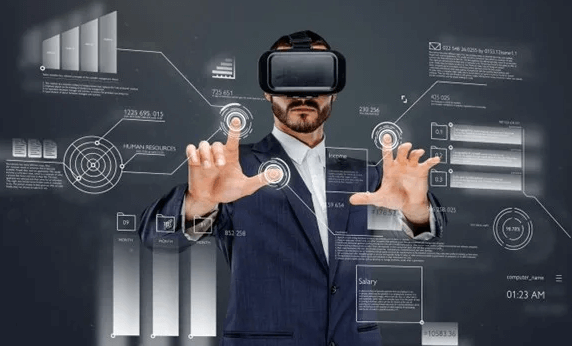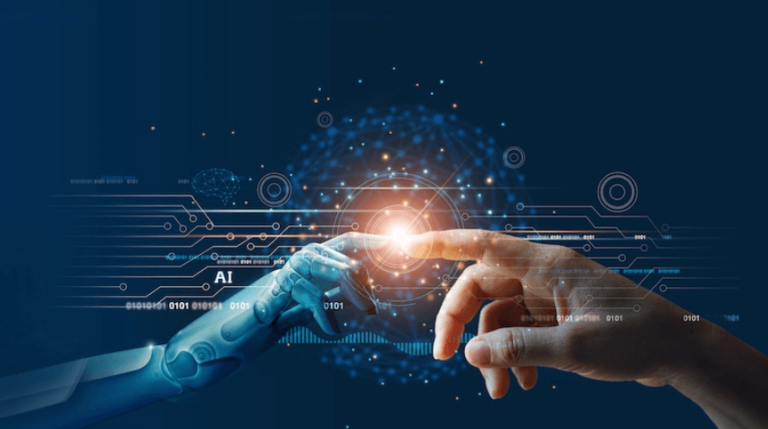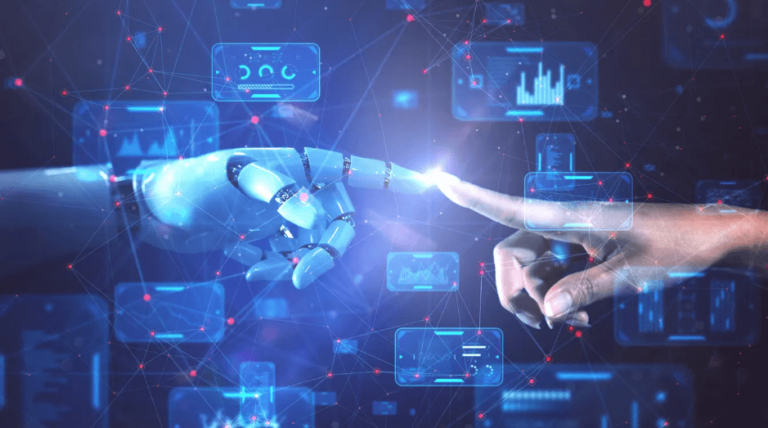The Role of Technology in Shaping the Future
Technology is at the heart of global progress, driving innovation across industries and transforming how we interact with the world, including through QR code integration. From artificial intelligence to green energy solutions, technology continues to evolve at an unprecedented pace. In this article, we will explore the major tech trends, their impact on businesses and society, and what the future holds.
Artificial Intelligence: The Brain of Modern Innovation
Artificial Intelligence (AI) has shifted from a futuristic concept to a daily reality. Businesses, governments, and individuals are embracing AI-powered systems to improve efficiency and decision-making.
- Business applications: AI chatbots, analytics, and automation help companies cut costs and improve customer service.
- Healthcare: AI assists in early disease detection, personalized treatment, and robotic-assisted surgeries.
- Everyday life: Smart assistants like Siri and Alexa are examples of AI making homes smarter.
The future of AI points toward Generative AI, capable of creating new ideas, designs, and even full digital solutions.
Cloud Computing: Powering the Digital World
The growth of cloud computing has made storing, sharing, and accessing information more convenient and cost-effective. Businesses of all sizes are moving their operations to the cloud.
- Flexibility and scalability: Companies can expand or shrink resources depending on their needs.
- Remote work support: Cloud platforms allow employees to collaborate from anywhere.
- Cost efficiency: Cloud services reduce infrastructure expenses.
With leading providers such as Amazon Web Services, Google Cloud, and Microsoft Azure, cloud adoption will continue to grow.
See also: The Future of Technology: Trends, Innovations, and Impact
The Internet of Things (IoT): Connecting the World
The Internet of Things (IoT) is revolutionizing how devices communicate and share data. By connecting physical objects to the internet, IoT has opened doors to smarter solutions.
- Smart homes: Devices like smart TVs, thermostats, and voice assistants create more convenience.
- Healthcare monitoring: Wearable devices help doctors monitor patient conditions remotely.
- Industrial IoT (IIoT): Manufacturers use IoT sensors to improve production efficiency and reduce downtime.
As cities adopt IoT technologies, we are moving toward a future of smart cities with improved energy management and safety systems.
Cybersecurity: Protecting the Digital World
As technology grows, so do cyber threats. Cybersecurity has become one of the fastest-growing fields, ensuring that businesses and individuals remain safe online.
- Data protection: Companies must safeguard customer data against breaches.
- AI in security: Smart defense systems powered by AI detect and neutralize threats faster.
- Growing industry: With rising threats, cybersecurity investment is becoming essential for all businesses.
In a digital-first world, strong cybersecurity is no longer optional—it is a necessity.
5G Technology: Redefining Connectivity
The introduction of 5G networks is transforming communication by offering faster speeds and lower latency compared to 4G.
- Mobile experiences: Users enjoy high-quality video streaming and lag-free gaming.
- Smart cities: 5G enables connected vehicles, real-time traffic systems, and improved public safety.
- Business opportunities: Industries like healthcare and education benefit from remote surgeries and virtual classrooms powered by 5G.
As 5G expands, it will create a foundation for future technologies like autonomous vehicles and the metaverse.
Blockchain Technology: Beyond Cryptocurrency
Although blockchain is best known for powering cryptocurrencies like Bitcoin, its potential goes far beyond finance.
- Supply chain management: Blockchain ensures transparency by recording every transaction.
- Healthcare: Secure medical record storage reduces risks of tampering.
- Smart contracts: Self-executing agreements reduce dependency on middlemen.
Blockchain is becoming the backbone of Web3, creating decentralized applications and digital ecosystems.
Green Technology: Building a Sustainable Future
With climate change becoming a global concern, green technology is gaining importance.
- Renewable energy: Solar panels, wind turbines, and hydropower reduce reliance on fossil fuels.
- Electric vehicles (EVs): Brands like Tesla and BYD are pushing clean mobility solutions.
- Smart grids: These systems optimize energy distribution, lowering costs and emissions.
Green technology ensures that technological growth aligns with environmental sustainability.
Emerging Technologies to Watch
The future promises even more groundbreaking innovations:
- Quantum computing: Solving complex problems in medicine and finance.
- Metaverse: A virtual world reshaping entertainment, education, and business.
- Biotechnology: Genetic engineering and advanced treatments for human health.
- Artificial General Intelligence (AGI): Machines capable of human-like thinking.
These technologies will redefine industries, creating both opportunities and challenges.
Conclusion
Technology is the engine of modern progress, powering industries, improving lifestyles, and shaping the future. From AI and cloud computing to 5G and blockchain, each innovation brings new opportunities for growth and transformation.
However, with these opportunities come challenges such as cybersecurity risks and environmental concerns. To fully benefit from technological advancements, society must embrace innovation while ensuring ethical, sustainable, and secure practices.
The future belongs to those who adapt, innovate, and use technology to create smarter, safer, and greener solutions for the world.



